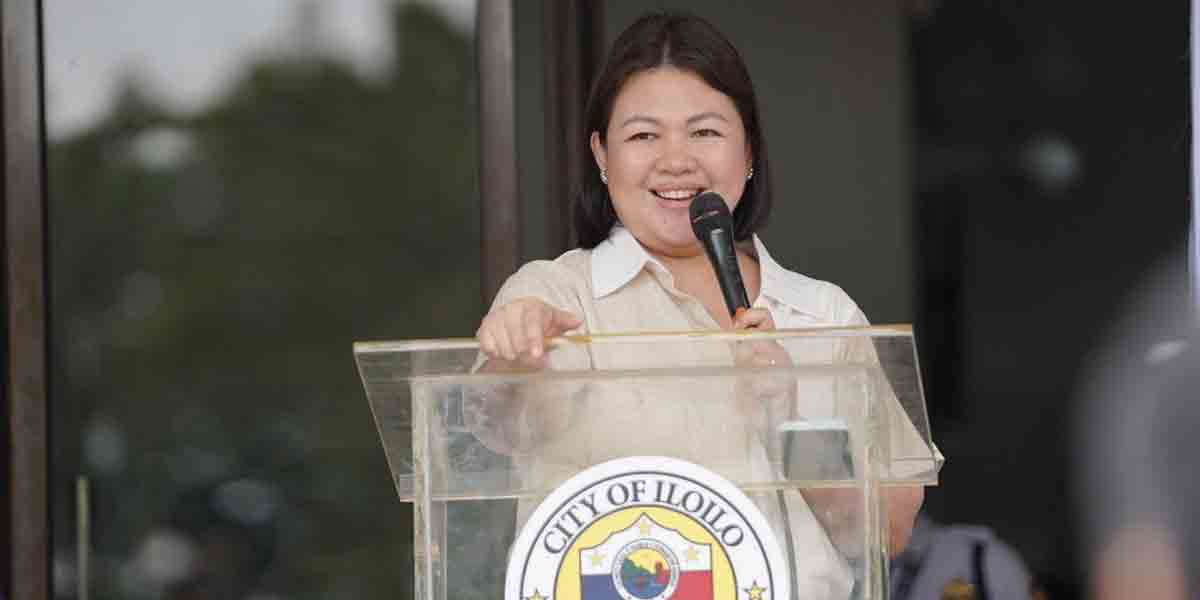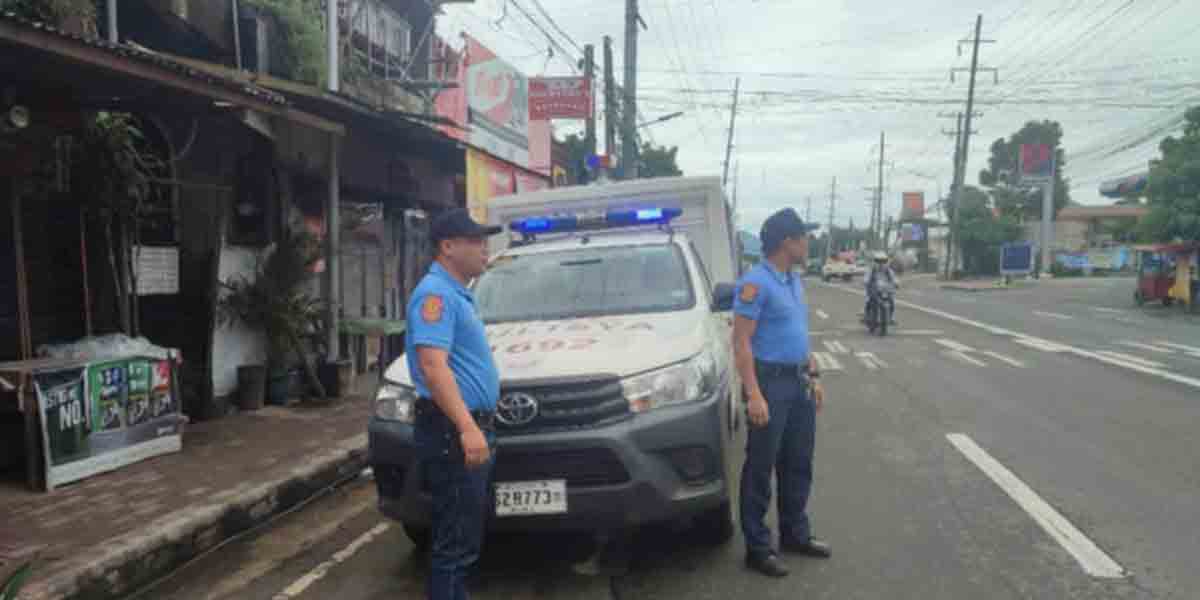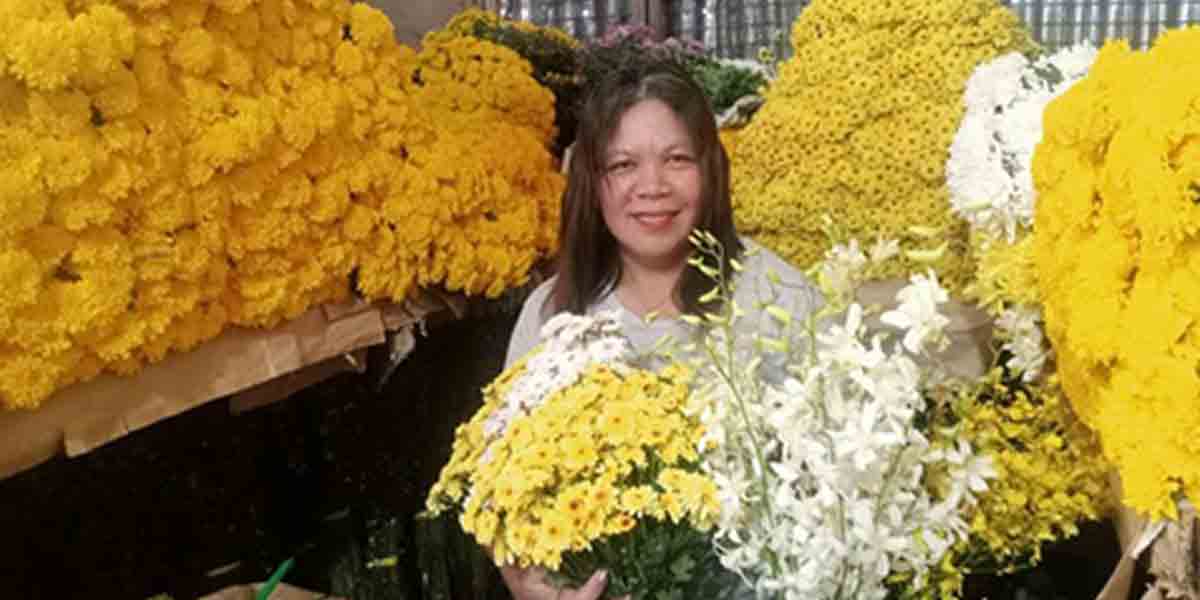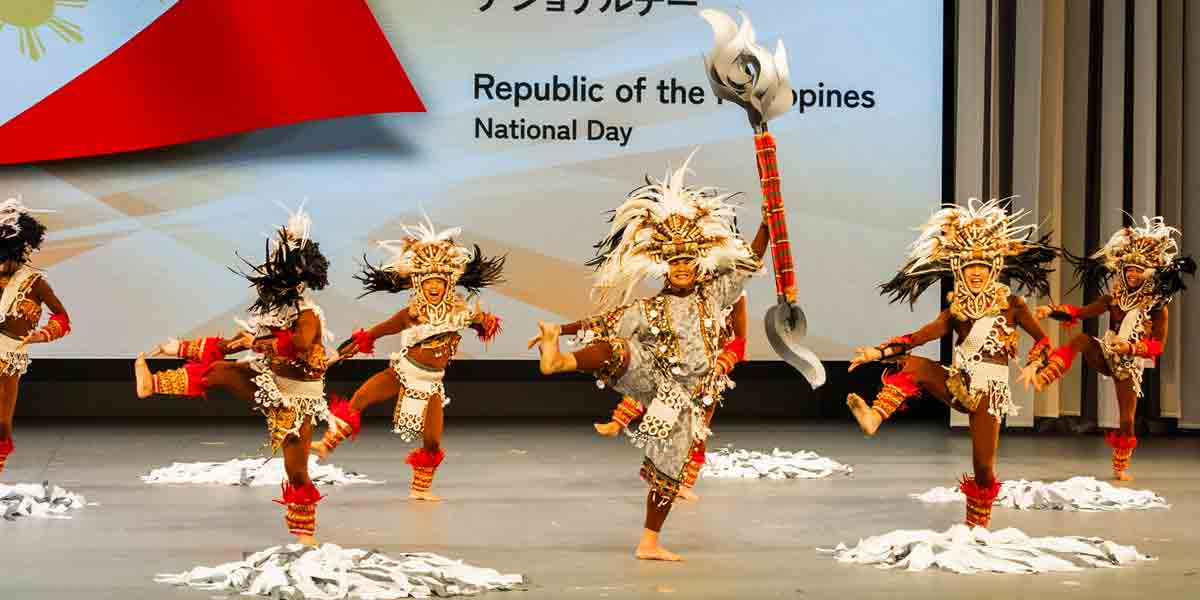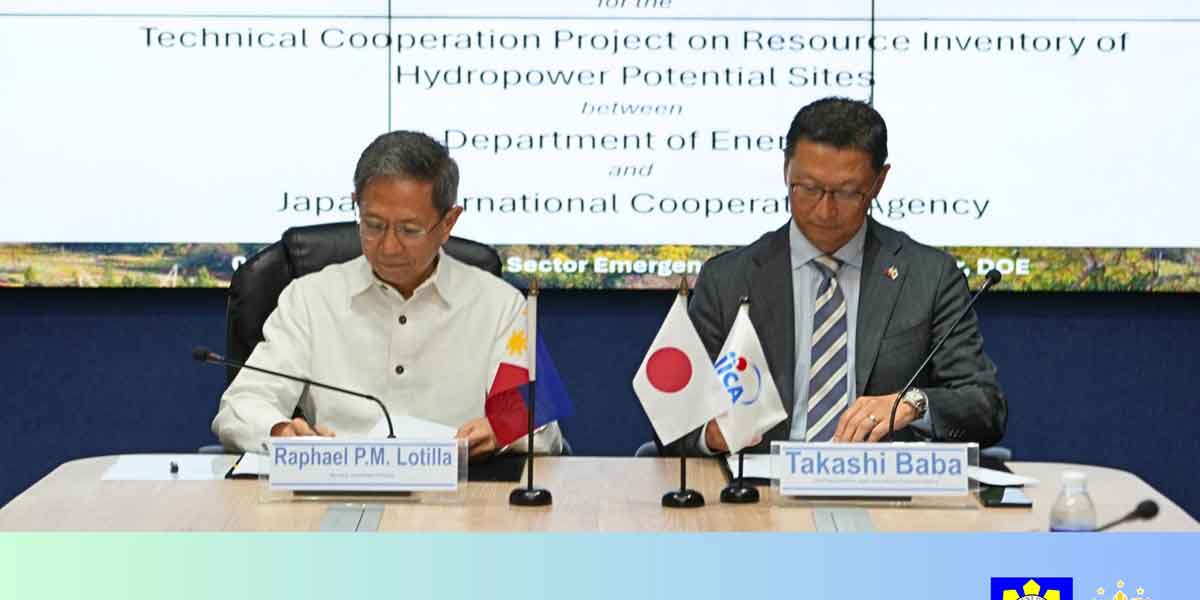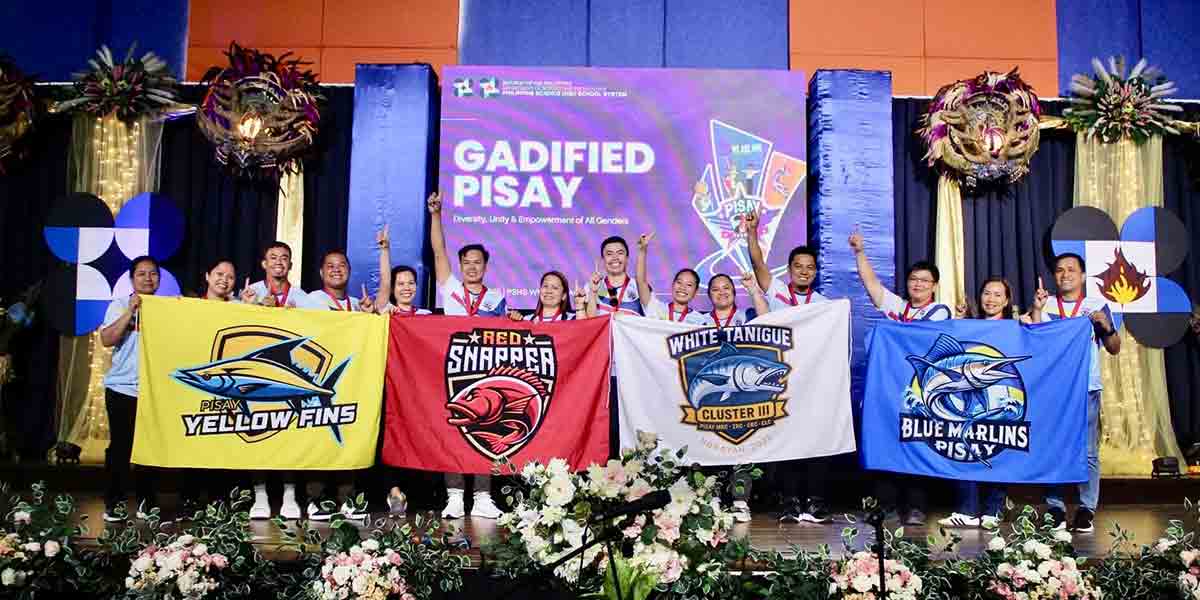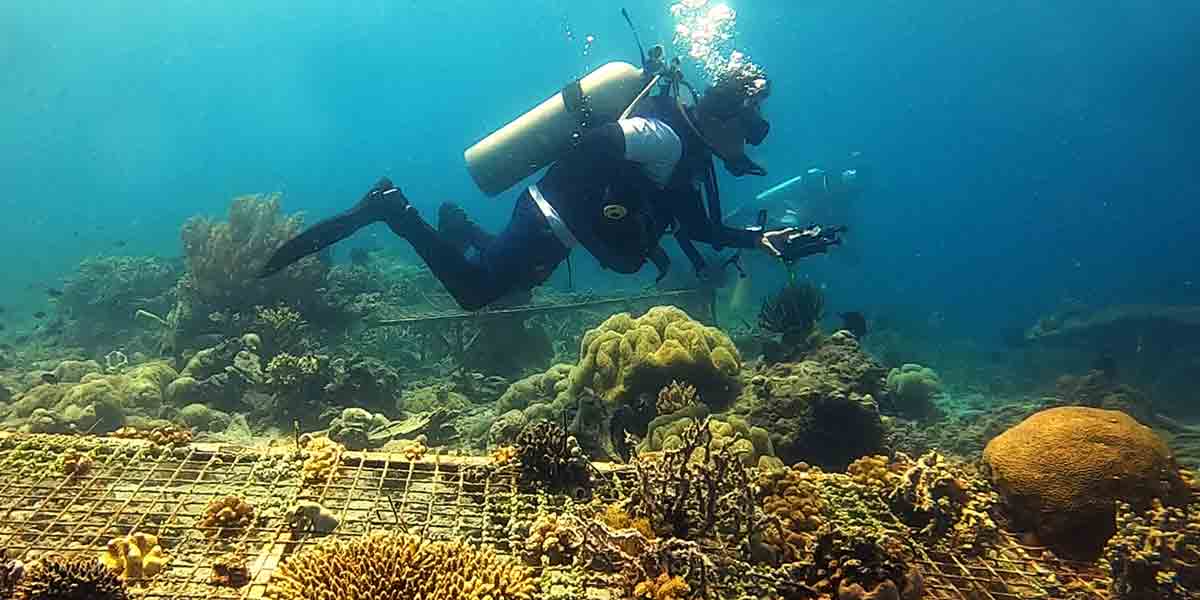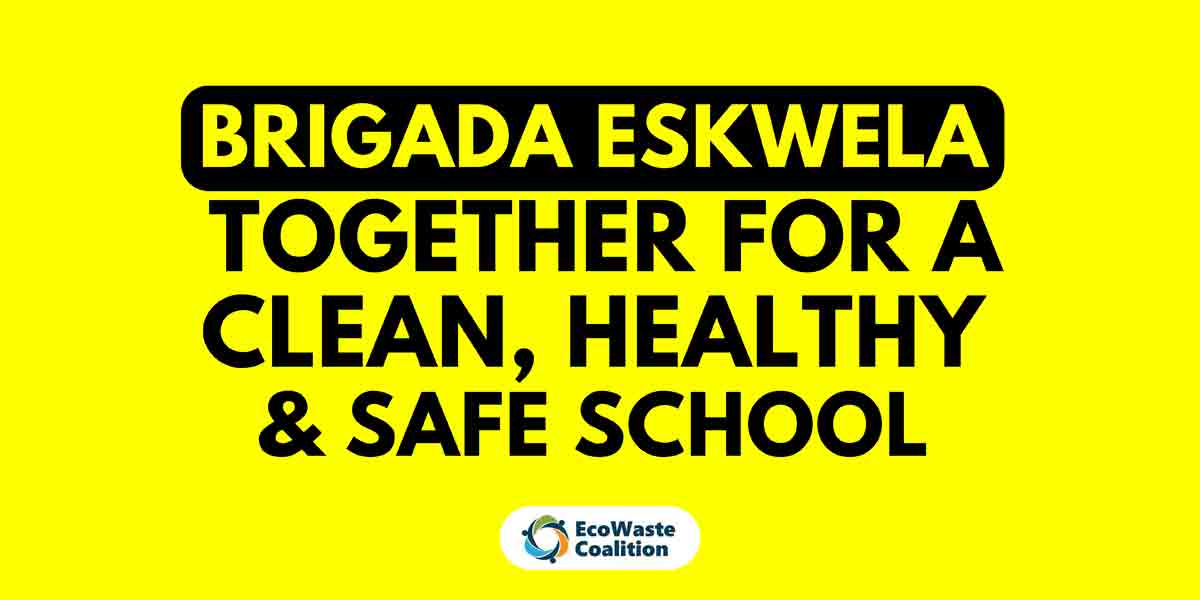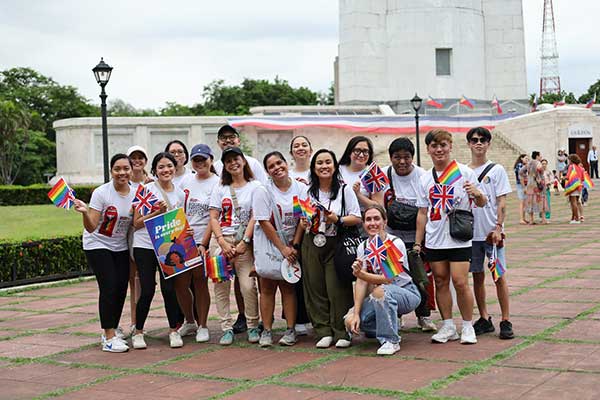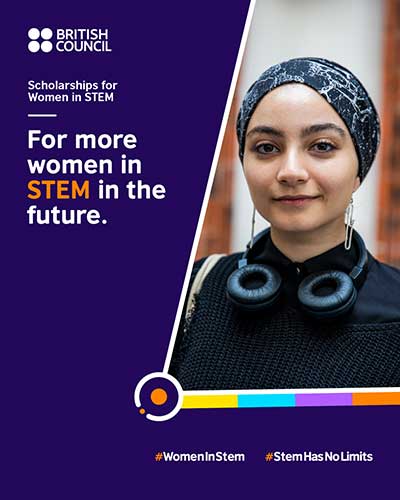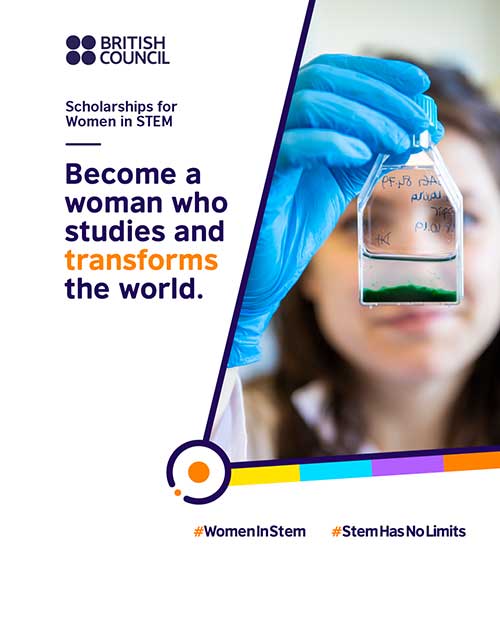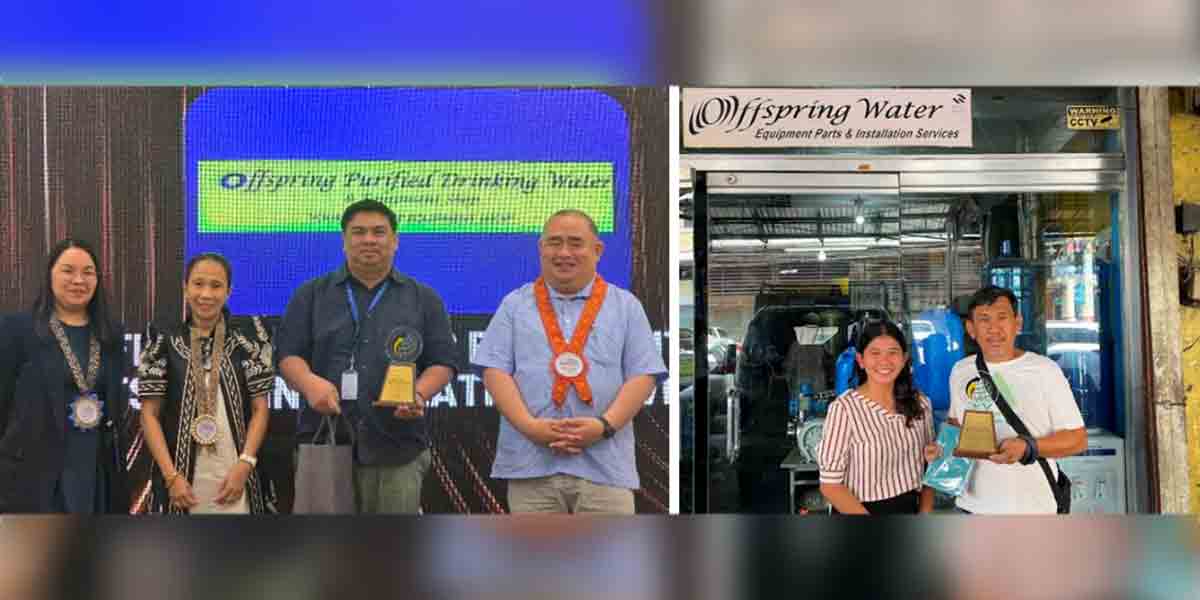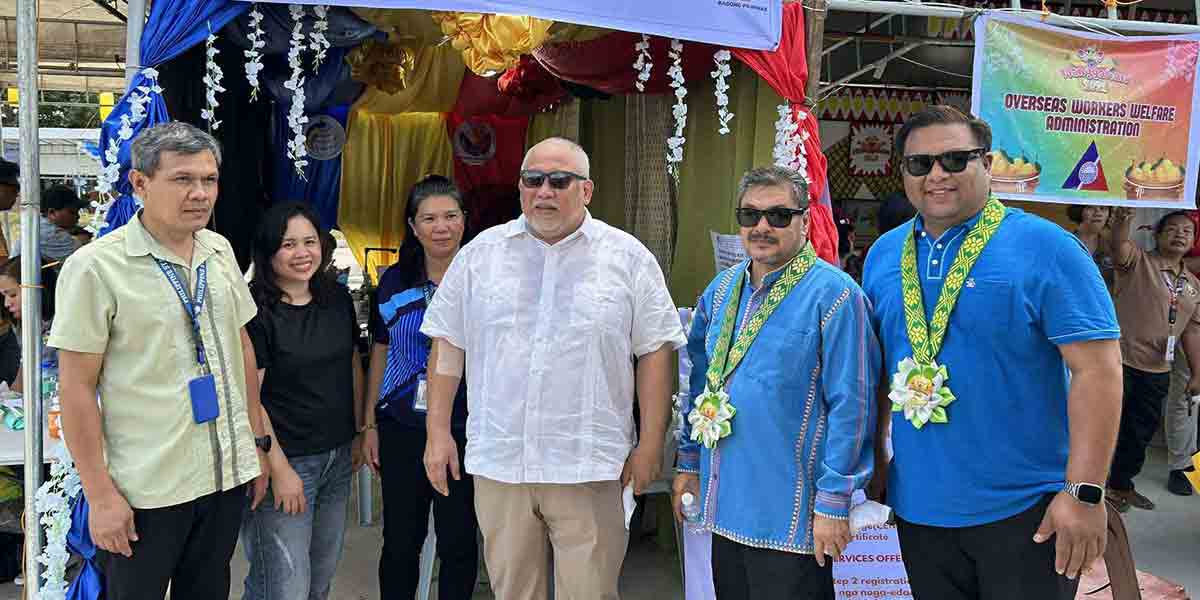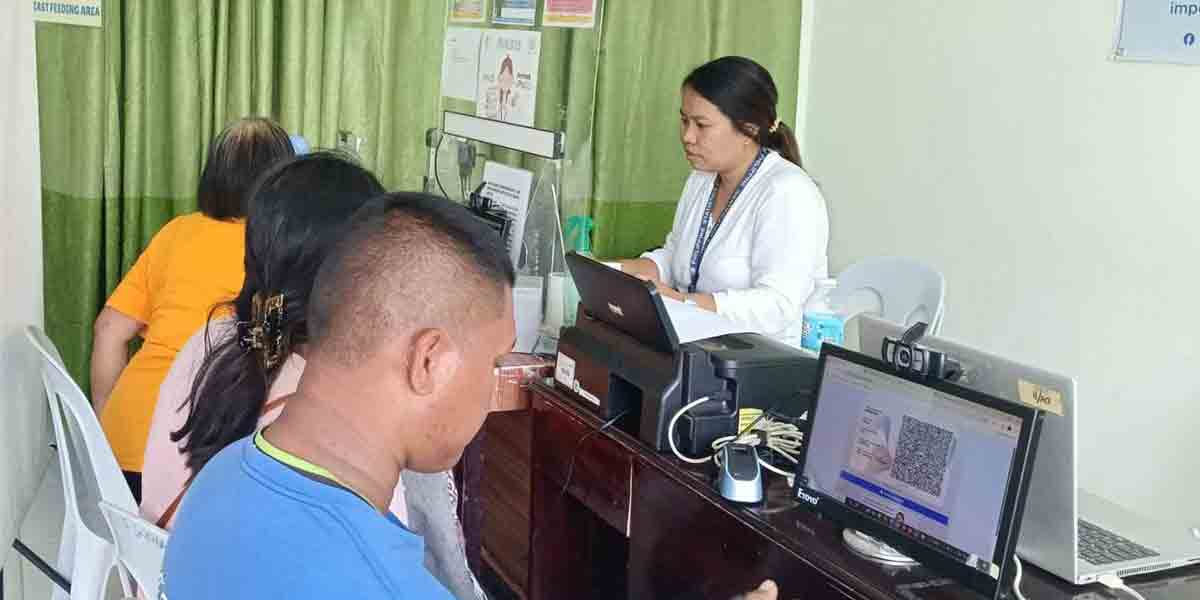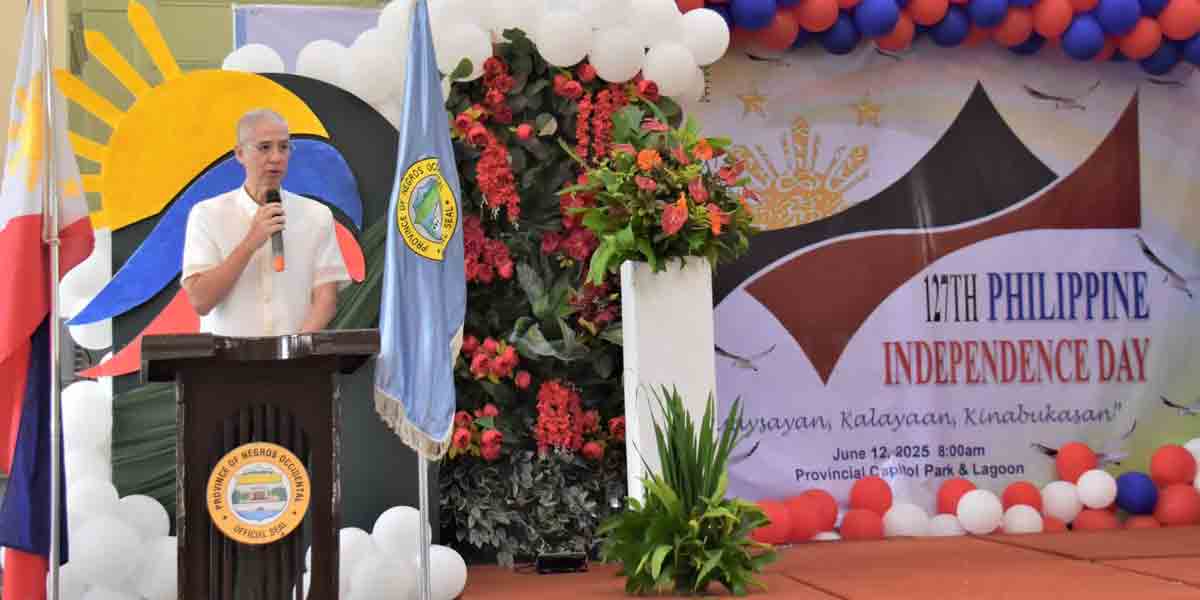The British Council in the Philippines is reinforcing its commitment to equality, diversity, and inclusivity (EDI) through a series of impactful educational and cultural programs.
These initiatives aim to foster meaningful relationships and support underrepresented communities within the educational sector and beyond.
At the heart of the British Council’s mission are the principles of equality, diversity, and inclusivity. Aligning with UK equality legislation, the organization focuses on six key areas of diversity: age, disability, sex and gender, race/ethnicity and culture, religion and belief, and sexual orientation.
Additionally, it considers socio-economic status and geographical location, striving to bring together individuals from diverse backgrounds to enrich experiences and promote inclusivity in educational and governmental institutions.
Notable Educational Initiatives
One of the British Council’s significant efforts in addressing gender disparities in STEM education across Southeast Asia is the Women in STEM scholarship programs.
Now in its fourth year, the global Women in STEM scholarship program supports Filipina scholars pursuing studies in STEM fields. This initiative aims to address the underrepresentation of women in these areas, improve scientific and financial outcomes, and provide organizations with a competitive advantage.
The ASEAN-UK SAGE Women in STEM Scholarships, funded by the UK’s Foreign, Commonwealth and Development Office, further enhance access to UK education for women and girls in ASEAN and Timor-Leste. These scholarships advance girls’ education and break down gender barriers to digital skills and employment.
Alyza Noelle Tan, a scholarship recipient, highlighted the transformative impact of this program: “This scholarship has not only empowered me as a woman to be at the forefront of international policy negotiations but has also allowed me to research how international frameworks can simultaneously uplift marginalized communities and protect our environment.”
Since 2016, the British Council has also been running the English and Digital for Girls’ Education (EDGE) project, which focuses on improving life prospects for adolescent girls in South Asia by enhancing their English proficiency, digital literacy, and social skills.
Currently exploring this project’s potential in the Philippines, the British Council aims to support out-of-school and socio-economically marginalized girls in their educational and personal development.
Cultural Engagement and Support for LGBTQIA+ Communities
Beyond education, the British Council actively supports EDI through cultural engagements.
This year, they screened the “Five Films for Freedom” series in Baguio, Cebu, and Manila, promoting the message that love is a human right and reaching over 23 million people globally.
During Pride Month, the British Council partnered with Northern Luzon Pride to support Kinemalaya, a queer film screening, and hosted a panel discussion on safe spaces for queer individuals.
The Connections Through Culture (CTC) arts grants program also highlights the British Council’s commitment to diversity, inclusion, and climate change.
The program fosters cultural partnerships between East Asia and the UK. Recent CTC grantees include Elephant (PH) and Inferno London (UK), who collaborated on “God Save the Queers Bless the Badings,” a platform exploring queer perspectives on religious experiences. Another project, “Performing Diwata,” focuses on ecotransfeminism in precolonial Philippine mythology.
Continued Commitment to EDI
The British Council in the Philippines reaffirms its dedication to advancing equality, diversity, and inclusivity through significant initiatives like the EDGE program and the ASEAN-UK SAGE scholarships.
These efforts highlight the organization’s commitment to fostering inclusive educational programs that enrich learning experiences and promote mutual understanding among diverse communities.

